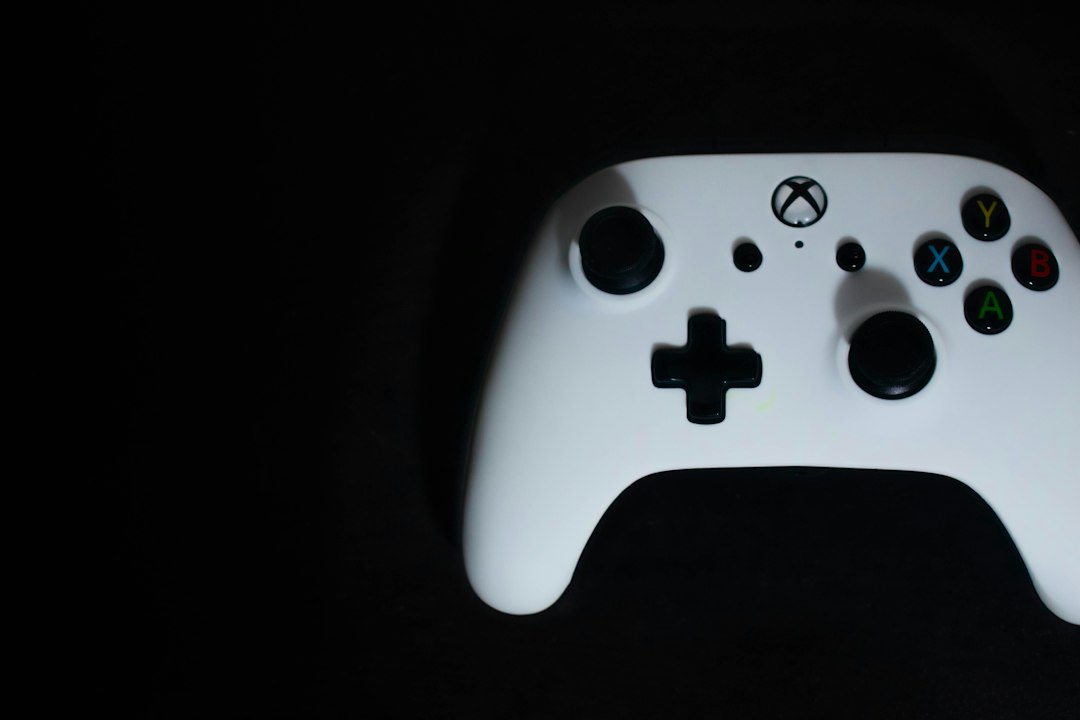Gaming Addiction: How to Strike a Balance
In the last decade, the gaming industry has witnessed a massive surge in popularity. With the advent of online multiplayer games and immersive virtual reality experiences, gamers around the world are spending more and more hours immersed in their digital realms. The immersive nature of gaming has undoubtedly provided countless hours of entertainment and enjoyment for millions of people. However, like any activity, it is important to strike a balance to prevent addiction and maintain a healthy lifestyle. In this blog post, we will explore the topic of gaming addiction and provide some tips on how to strike that much-needed balance.
The World Health Organization (WHO) officially recognized gaming addiction as a mental health disorder in 2018. Gaming addiction is characterized by excessive and compulsive gaming behavior, leading to social and occupational impairment. It is important to note that not everyone who plays video games is addicted. Gaming addiction refers to a subset of individuals who are unable to control their gaming habits despite negative consequences in their lives.
So, how can one ensure a healthy balance between gaming and other important aspects of life? Here are a few tips:
1. Self-Awareness: The first step is self-reflection. Be honest with yourself about the amount of time you spend gaming and the impact it has on your life. Do you neglect other responsibilities, such as work, school, or personal relationships? Assessing your own habits is crucial in identifying any potential addiction issues.
2. Set Boundaries: Establish clear boundaries for your gaming sessions. Determine specific times when you will allow yourself to play and stick to those time frames. Avoid gaming during important work or study hours, and make sure to allocate time for other activities like exercise, socializing with friends, and pursuing hobbies.
3. Prioritize Other Activities: Make sure to prioritize other important aspects of your life, such as work, education, and relationships. Set goals for yourself and ensure that gaming does not hinder your progress towards those goals. Treat gaming as a reward for accomplishing tasks rather than the sole focus of your life.
4. Engage in Real-World Activities: It is essential to engage in real-world activities outside of the gaming realm. This can include hanging out with friends, participating in physical activities, reading books, or pursuing other hobbies and interests. The more diverse your experiences, the less likely you are to become solely dependent on gaming for entertainment.
5. Social Interaction: Gaming can be a social activity, but it is important to have real-life social interactions as well. Make time for face-to-face interactions with friends and family members. This will help prevent social isolation and ensure a healthy balance between virtual and real-life relationships.
6. Seek Support: If you feel that your gaming habits are becoming problematic and affecting other aspects of your life, do not hesitate to seek support. Talk to friends and family members about your concerns, or consider reaching out to a mental health professional who specializes in addiction. Remember, asking for help is a sign of strength, not weakness.
7. Practice Moderation: The key to striking a balance is moderation. It is perfectly acceptable to enjoy gaming as a form of entertainment, as long as it does not interfere with other important aspects of your life. Moderation is crucial in maintaining a healthy lifestyle.
In conclusion, gaming addiction is a real and concerning issue that affects a subset of individuals. However, with self-awareness, setting boundaries, prioritizing other activities, engaging in real-world experiences, nurturing social interactions, seeking support, and practicing moderation, it is entirely possible to strike a healthy balance between gaming and other aspects of life. Remember, gaming should be a source of enjoyment and relaxation, not a source of addiction and impairment.

